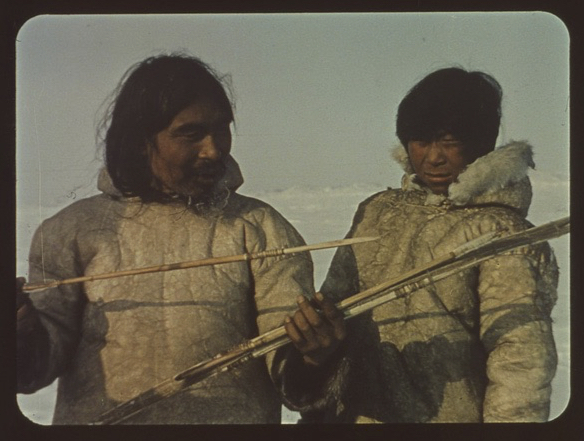This paper is about the place of Indigenous people in an early instance of a culture war in the United States: the conflict in the 1970s over an innovative middle-grades social studies curriculum called “Man: A Course of Study” (MACOS). Funded by the National Science Foundation, MACOS sought to revamp social studies education by addressing big questions about humans as a species and as social animals. It quickly came under fire from conservatives and helped to solidify the concept of “secular humanism” as a social threat. A broad conservative organizing effort, whose effects can still be felt today, eventually ended not only MACOS, but the very viability of school curriculum reform projects on the national level. Though this story is familiar to historians of American education, this paper argues for its centrality to the development of contemporary conservative politics and the early history of the culture wars. It also takes up the largely unaddressed issue of how Indigenous people figured in the MACOS curriculum and in the ensuing controversy. Focusing on the ethnographic film series featuring Netsilik Inuit that was at the heart of the MACOS curriculum, this paper addresses the largely unacknowledged legacy of Indigenous pedagogy, to argue that the culture war that led to the demise of the MACOS project also represented a lost opportunity for Indigenous knowledge and teaching to be incorporated into the formal schooling of American children.
Articles by Susan Hegeman
Susan Hegeman is Professor of English at the University of Florida, Gainesville. Her research addresses the intersections of United States culture and the social sciences, especially anthropology. She has written two books on the concept of culture in the United States: Patterns for America: Modernism and the Concept of Culture (Princeton, 1999) and The Cultural Return (California, 2012) and is an associate editor of the two-volume Blackwell Encyclopedia of the Novel.
